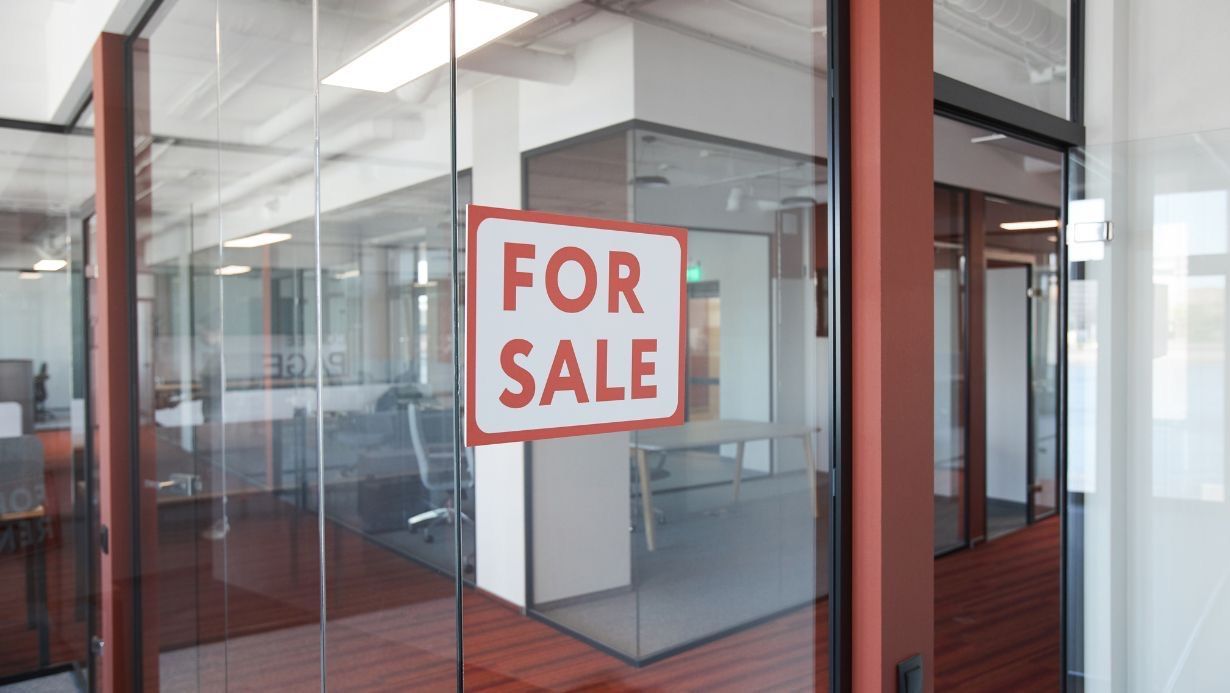How to Sell Commercial Property

Are you ready to sell your commercial property? It may be the right time to sell your commercial property. Perhaps your business is moving to a new location, you're ready to cash in on your investment, or your personal or financial situation has changed. Whatever the reason, you must understand that selling a commercial property is very different from selling a residential property.
What is Commercial Real Estate?
Commercial real estate includes any property where individuals, businesses, or corporations do business and large multi-family properties.
There are basically
five types of commercial real estate:
- Office – The most common type of commercial real estate, office buildings can range from a single office to a skyscraper with hundreds of offices.
- Retail – Retail properties can include stores, banks, restaurants, etc., ranging from small structures to an entire strip mall.
- Industrial
– Industrial properties include warehouses and manufacturing facilities.
- Multi-family – Although people live in multi-family properties, large apartment complexes are considered commercial properties.
- Special purpose – Special purpose commercial real estate includes schools, student housing, hospitality, sports stadiums, government, self-storage facilities, and religious properties.
Mixed-use properties include both commercial and residential. For example, a building with a restaurant on the first floor and an apartment on the second floor is considered a mixed-use property.
7 Steps to Selling Commercial Real Estate
Step 1: Get Your Financial Ducks in a Row
Typically, commercial real estate is an investment, so you need to consider your reasons for selling your commercial property, your needs, and what you hope to get from the sale. For example, are you going through a divorce and need to sell the property quickly? Do you need to sell the property for a certain amount to make a profit? What are the tax implications of the sale?
Step 2: Prepare Your Property for Sale
If you want to sell your property more quickly and for the highest price, you need to ensure that your property looks its best. Most buyers will be turned off by a dirty or poorly maintained building, so you may need to take some time and money to fix the property up a bit before putting it on the market.
Step 3: Gather Your Paperwork
You'll also want to get your paperwork in order before putting your property on the market. Being prepared will show potential buyers that you are organized and easy to work with, and it can speed up the entire selling process. Need paperwork includes the following:
- Your title report
- Ownership papers
- Profit and loss statements (if appropriate)
- Permits, certifications, etc.
- Service history – a record of building maintenance and upgrades and a list of leading service vendors, such as plumbers, electricians, etc.
Step 4: Price Your Commercial Property
Determining a listing price for a commercial property can be challenging but is crucial for investors and lenders. With a commercial property, there are several factors to consider when determining the value of the property and the appropriate selling price, such as the appraisal amount, location and condition of the property, current state of the real estate market, etc.
There are several commercial real estate valuation methods - the cost approach, the sales comparison approach, the income approach, the value per gross rent multiplier, the value per door, and the cost per rentable square foot. An experienced real estate agent like Pete Heim can help you determine the right selling price for your commercial property.
Step 5: Market Your Property
It would be best to look at several approaches to market your commercial property. Your real estate agent can use their commercial real estate network to search for potential buyers and get your property on one or more commercial property multiple listing services (MLS), such as LoopNet, CoStar, CREXi, Brevitas, etc.
Step 6: Negotiate the Sale
The first offer you receive may not be the full asking price, but that doesn't mean you need to refuse the offer. Instead, you can negotiate the sale by providing a counteroffer. Understanding your goals and the actual value of your property can make this process easier.
Step 7: Close the Sale
Once you and the buyer have come to an agreement, you need to close the sale. An experienced real estate agent like Pete Heim can guide you through the process, from going through escrow to signing and processing the title and closing documents.
Get More For Your Commercial Property!
Pete Heim will treat you with the professional and courteous service you deserve. You can trust Pete and his team to help you sell your commercial property as quickly as possible and at the highest price possible.
Call Pete and his team today at 610-745-3378 or 610-898-1441, or connect with him online.




